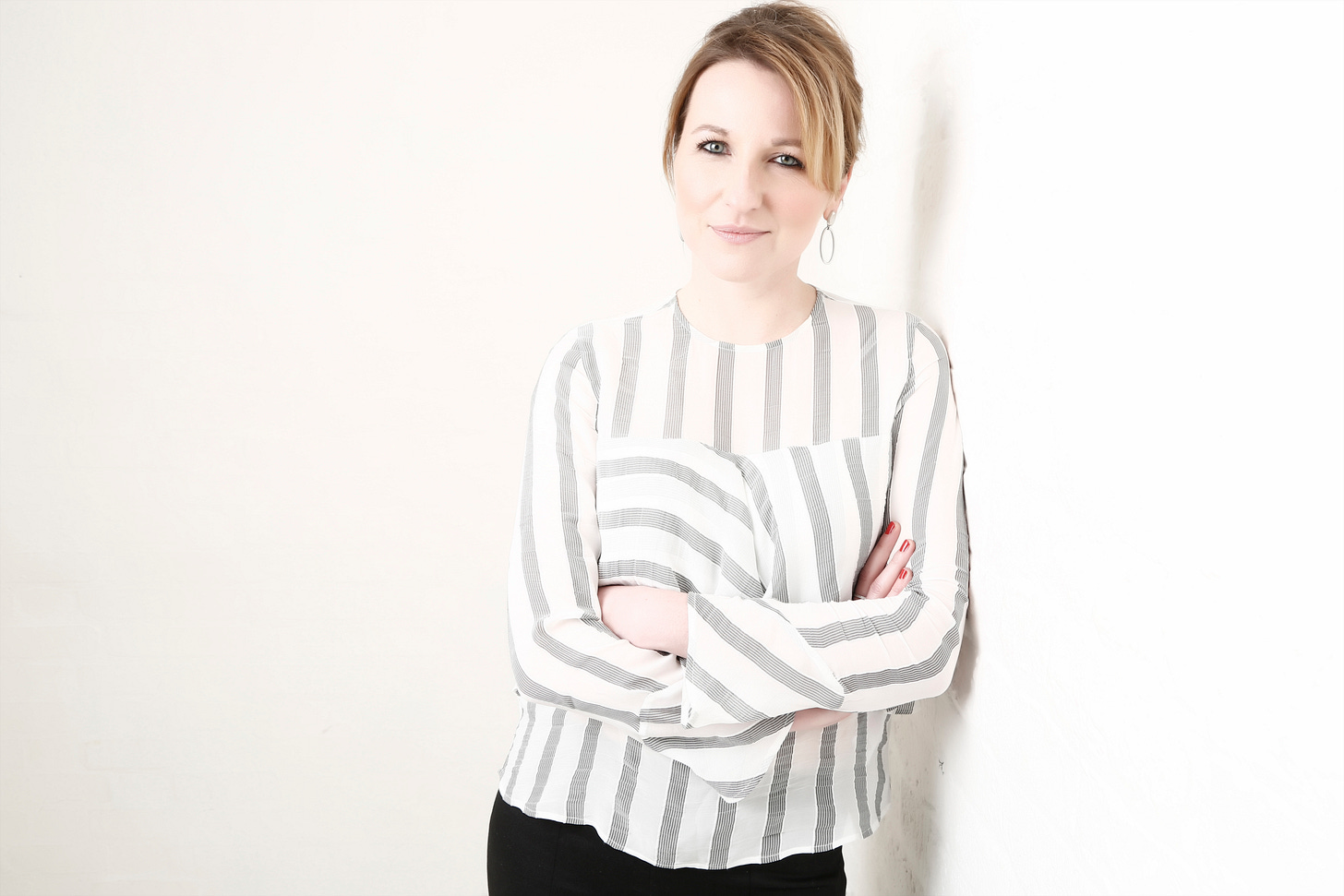Welcome to our #132 weekly newsletter.
“For women taking control of their financial future”
-Jana Hlistova
From The Purse
In this week’s newsletter, we highlight the new Women Angels Insights report from the UK Business Angels Association (UKBAA) and Beauhurst.
Over 5000+ female angel investors have invested in 1000+ female founded startups in the last 10 years, generating over £2bn of investment. Although we celebrate this, women are still in the minority as angel investors and more needs to be done.
Listen again to our interviews with female angel investors Jordan Dargue, Gillian Fleming and Jill Pay on The Purse Podcast.
***
And you can review the news in brief so you stay on top of global financial, economic and investing trends.
I hope you enjoy this week’s newsletter.
Until next week,
Jana
Report: UK female angel investors help drive £2bn+ investment
Female angel investors are critical to female founders accessing capital
According a new study from the UK Business Angels Association (UKBAA) and Beauhurst (sponsored by NatWest), more than 5,000 women are making angel investments across the UK.
As well as driving more than £2bn+ investment, female angel investing has generated more than 10,000 jobs over the past decade.
And importantly, they have invested in 1000+ female founded startups.
But women remain the minority as angel investors. Of a total 36,800 angels in the UK only 14% (5,064) are women, and less than 0.5% (157) of female angels have achieved a portfolio of 10 or more.
And the shortage of female angel investors has a direct impact ..
…on female founders. Women are at least twice as likely to invest in female-founded startups than men.
According to the Women Angel Insights report, almost 25% of companies backed by female angels, were female-founded. This compares to the 19% of female-founded companies backed by the angel community overall.
We know that female founders often have to overcome…
… gender bias in the fund-raising process dominated by the traditional white, male investor.
Women spend more time educating the white, male investor. Female founders have to work harder and need to jump through hoops, which causes delays. And their businesses are often labelled as ‘more risky’.
This tends to lead to tougher negotiations with investors which also leaves female founders with less equity, based on a discounted company valuation (compared to their male peers).
Why we need female angel investors
Women who invest in female-led innovation share a lived experience. Female founders have less need to educate them on a market or product which is outside the frame of reference for the male investor.
Discussing the menopause or breast pumps or the pelvic floor does not seem alien, nor does it need to be uncomfortable or dismissed as a market which is ‘too niche’.
Women who invest are identifying underestimated markets and funding female founders who have been ignored by the traditional investor market for too long.
Negotiating with a female investor who appreciates the potential in an underserved market is also likely to leave the female founder better off; the deal terms are based on a fair (not gender-discounted) company valuation.
We also know women investors tend to be more meticulous in their research. They will spend more time evaluating an opportunity or startup before they make a decision to invest. But once they do, they are committed and invest for the long-term.
As more women invest in the startup ecosystem, female founders will have access to a stronger and more diverse network, access to capital, at better terms, in less time.
What next? (Re) listen to interviews on The Purse Podcast:
#56: Investing in the North: female angel investing and female founders with Jordan Dargue
#58: UK female entrepreneurship and The Gender Index with Jill Pay
#66: How more women can start to invest in female-led startups with Gillian Fleming
News in Brief
Financial news
Dow Jones fell to its lowest point since the earliest weeks of the pandemic, plunging <30k for second time in 2022. S&P500 is a better way to track the stock market but the Dow retains a wide following & influences the public's perception of the economy.
The US Federal Reserve has raised interest rates for the third time by 0.75%. And Jay Powell has not ruled out the US going into a recession.
Traders purchased downside options protection at a record pace on Friday as psychology turns increasingly despondent. Overall volume in put options surged to highest level ever. ‘Fear clearly arrived,’ says Alon Rosin at Oppenheimer.
Euro plunges to 20 year low after US central bank Fed pushes ahead with bumper interest rate hike as it steps up inflation fight.
Bank of England (BoE) raises interest rates by 0.5% to 2.25%. And the UK may already be in recession.
Pound plunges after Liz Truss’s government has set out the most radical package of tax cuts for Britain since 1972.
UK’s biggest tax cuts since 1972 trigger crash in bonds. 5 year gilt yields jump >50bps, biggest daily jump on record.
According to the Bank of America (BoA): bond losses in 2022 are the greatest since 1949 (Marshall Plan), 1931 (Credit-Anstalt), 1920 (Treaty of Versailles).
Crypto: bitcoin, ethereum, DeFi & NFTs
Crypto outperforms stocks for a change as correlation breaks. Bitcoin has been trading in lockstep with riskier assets (trading at $19,000+) And ether had slumped a much as 20% since software upgrade (trading at $1330+). Bitcoin has dropped 61% and ether has dropped 65% so far in 2022.
Miners sold nearly 15,000 ethereum leading up to the merge. Ethereum miners appear to have cashed in big leading up to the network’s highly-anticipated merge event last week.
The UK introduces bill to make crypto seizures ‘easier and quicker’. The Economic Crime and Corporate Transparency bill modernies existing legislation to counter new forms of money laundering and cyber crime.
Coffee Break? Read This
We’d love to hear from you. Get in touch with Jana via the The Purse website or tweet @jointhepurse and @janicka.
The Purse Ltd. Copyright 2022 & All Rights Reserved.
The Purse provides content for informational purposes only, we do not recommend products or services or provide investment advice. Please do your own research or speak to a financial adviser.















Share this post